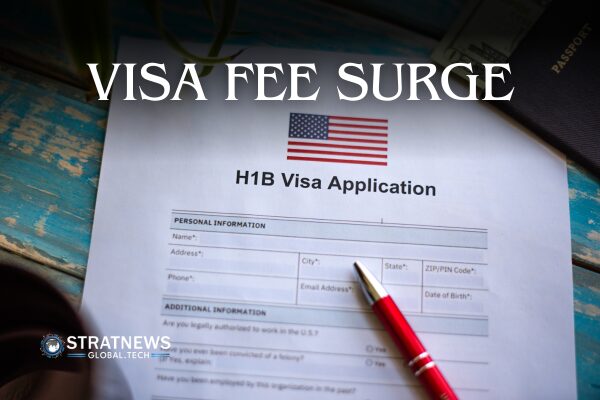Rising H-1B Visa Fees Could Deepen US Doctor Shortages, Say Healthcare Groups
US healthcare groups are voicing strong concern over a proposal by the Trump administration to raise fees for H-1B visas, a move they fear could worsen existing doctor shortages. The Department of Homeland Security is reviewing changes that could push application fees as high as $100,000—far above the current maximum of $4,500.
The H-1B visa programme allows US employers to hire foreign professionals in fields such as medicine, technology, engineering, and academia. The healthcare sector relies heavily on these visas to recruit international medical graduates and other foreign-trained specialists.
According to the American Academy of Family Physicians (AAFP), more than 20% of practising family doctors in the US are international medical graduates. These doctors are more likely to serve in rural and underserved areas.
Fee Hikes Threaten International Physician Pipeline
US Citizenship and Immigration Services reported approximately 442,000 unique H-1B visa beneficiaries across all industries in fiscal year 2025. Of these, 5,640 were in the healthcare and social assistance sector.
Healthcare leaders argue that increasing visa fees to $100,000 could seriously disrupt the pipeline of foreign-trained doctors. The American Medical Association (AMA) warned such a move could lead to longer wait times and increased travel for patients seeking medical care.
“With an existing shortage of physicians in the US, making it harder for international doctors to practise here will directly impact patient access to care,” said AMA President Bobby Mukkamala.
Hospitals and healthcare groups say fewer incoming doctors would add pressure to already stretched systems. For some hospitals, especially those in rural or low-resource areas, this could mean fewer specialists and heavier workloads for remaining staff.
Calls for Exemptions Within Healthcare Sector
The American Hospital Association (AHA) stressed that the H-1B programme helps hospitals meet short-term staffing needs. A spokesperson stated, “It plays a critical role in recruiting skilled doctors and healthcare workers to ensure patients get the care they need.”
The AHA is urging the government to exempt healthcare personnel from any major fee hikes.
The AAFP also highlighted that around 21 million Americans live in regions where foreign-trained doctors make up at least half of all practising physicians.
Hospitals like OhioHealth, Cleveland Clinic, Cedars-Sinai, and Mass General Brigham are currently reviewing how the proposed visa changes could affect their staffing plans.
The long-term outlook is already worrying. The Association of American Medical Colleges projects the US could face a shortage of 13,500 to 86,000 doctors by 2036, as demand continues to grow faster than supply.
with inputs from Reuters


